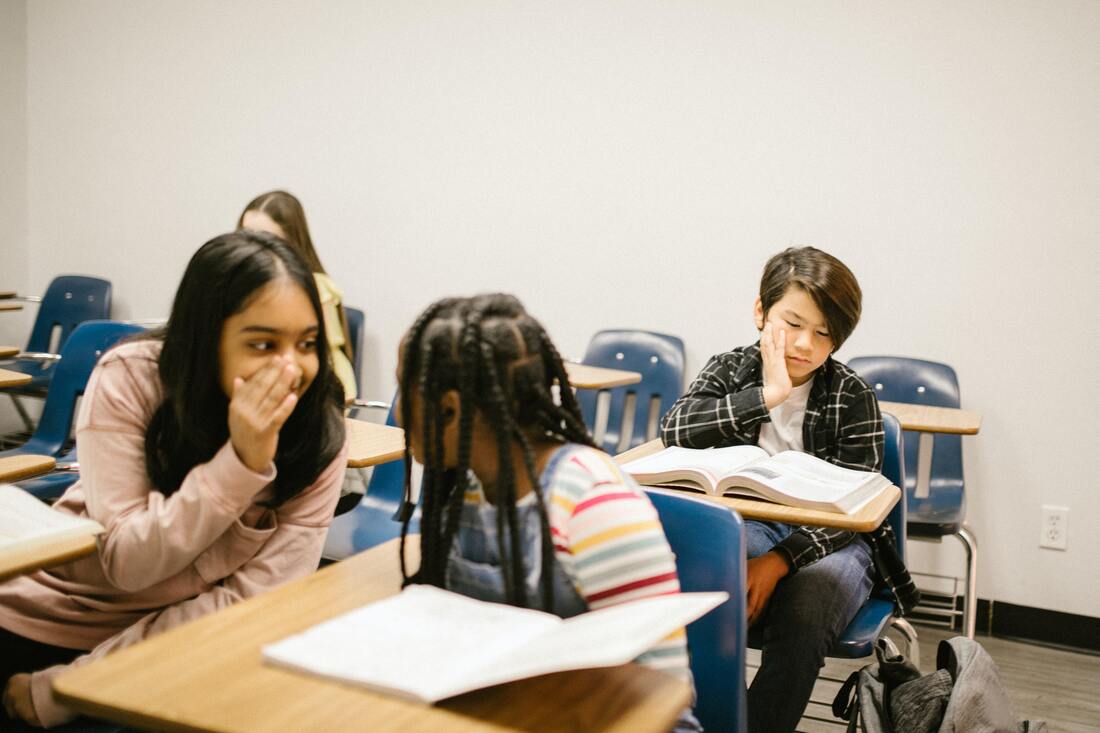|
Bullying is a serious issue that can have a lasting impact on mental health and wellbeing. As a parent it can be heart-breaking to learn that your child is being bullied. We all want the best for our children. We often wonder how they are going at school, hoping for them, and wishing for them a rewarding and safe experience. If you have learned that your child is being bullied at school, there are steps you can take to support your child and address the situation. In this blog post, we’ll explore some tips for what to do if your child is getting bullied. 1. Listen to your child The first step is to listen. Your child may feel confused, scared or even ashamed. If they are telling you they are being bullied then they are demonstrating bravery and self-protection. It is important to acknowledge and reward your child for this healthy, brave behaviour. Encourage them to share their experience without judgment. Validate their emotions and let them know what is happening to them is not ok. Let them know you and the school are going to help make a change. 2. Contact the school and advocate for change Schools have an enormous responsibility. Document the bullying. Contact the school. Speak to educators and administrators that are directly responsible for safety. Talk with educators that know and care about your child. Arrange for a meeting with the teacher, principal, school counsellor, and/ or wellbeing coordinator. Share your concerns and provide any documentation you have. Ask the school directly, what is their bullying and safety policy? Ask what steps the school will take to address the bullying and how they will support your child. 3. Assess the level of risk If it is not safe for your child to attend the school, the school needs to be aware of your concern. If you are confident the school is taking steps to protect and support your child, you may like to follow up, check to see what steps have been taken, and continue advocating for change. 4. Teach your child coping skills Bullying can have a significant impact on self-esteem and confidence. You may have your own coping skills to share, perhaps your child already has a set of excellent skills for resilience and managing adversity. You might like to find and explore resources together online, in books, podcasts, or elsewhere. Encourage them to engage in activities they enjoy, celebrate who they are, spend time with supportive family and friends, or express themselves through art, sport, writing or music. 5. Seek professional help if necessary If your child is struggling to cope with the bullying experience, this is normal. You may need extra time, resources or support. If your child is experiencing significant mental health effects, a psychologist can provide support by teaching your child additional coping strategies, and offering a safe place for them to process the experience and supporting parents. The Victorian Government provides a number of practical steps and advice for parents, schools and teachers to support children who have experienced bullying. You may like to explore the website here https://www.vic.gov.au/bully-stoppers written by Tim Walker
Provisional Psychologist Comments are closed.
|
Categories
All
|
Hopscotch & HarmonyAt Hopscotch & Harmony Psychology, you can expect compassionate care and evidence-based guidance on your journey to wellness.
With clinics in Werribee and Belmont, as well as providing online counselling to clients who live throughout Australia, our dedicated team of psychologists and dietitians are committed to providing support to children, teenagers and adults. With a focus on understanding your unique needs, we offer tailored solutions to foster growth and resilience. Trust in our experience and dedication as we work together towards your well-being. Welcome to a place where healing begins and possibilities abound. |
Our services |
Contact usHopscotch & Harmony
Child, Teen and Adult Psychology Our Locations:
WERRIBEE: 1/167-179 Shaws Rd
BELMONT: 92 Roslyn Rd AUSTRALIA-WIDE: Online counselling |
Hopscotch and Harmony respectfully recognise the Aboriginal and Torres Strait Islander people as the first Peoples of the continent now called Australia.
We acknowledge the Bunurong and Wadawurrung people of the Kulin Nation, the traditional owners of the land on which we work, and pay our respects to their Elders, past, present and emerging.
© 2024 Hopscotch and Harmony Pty Ltd


 RSS Feed
RSS Feed
